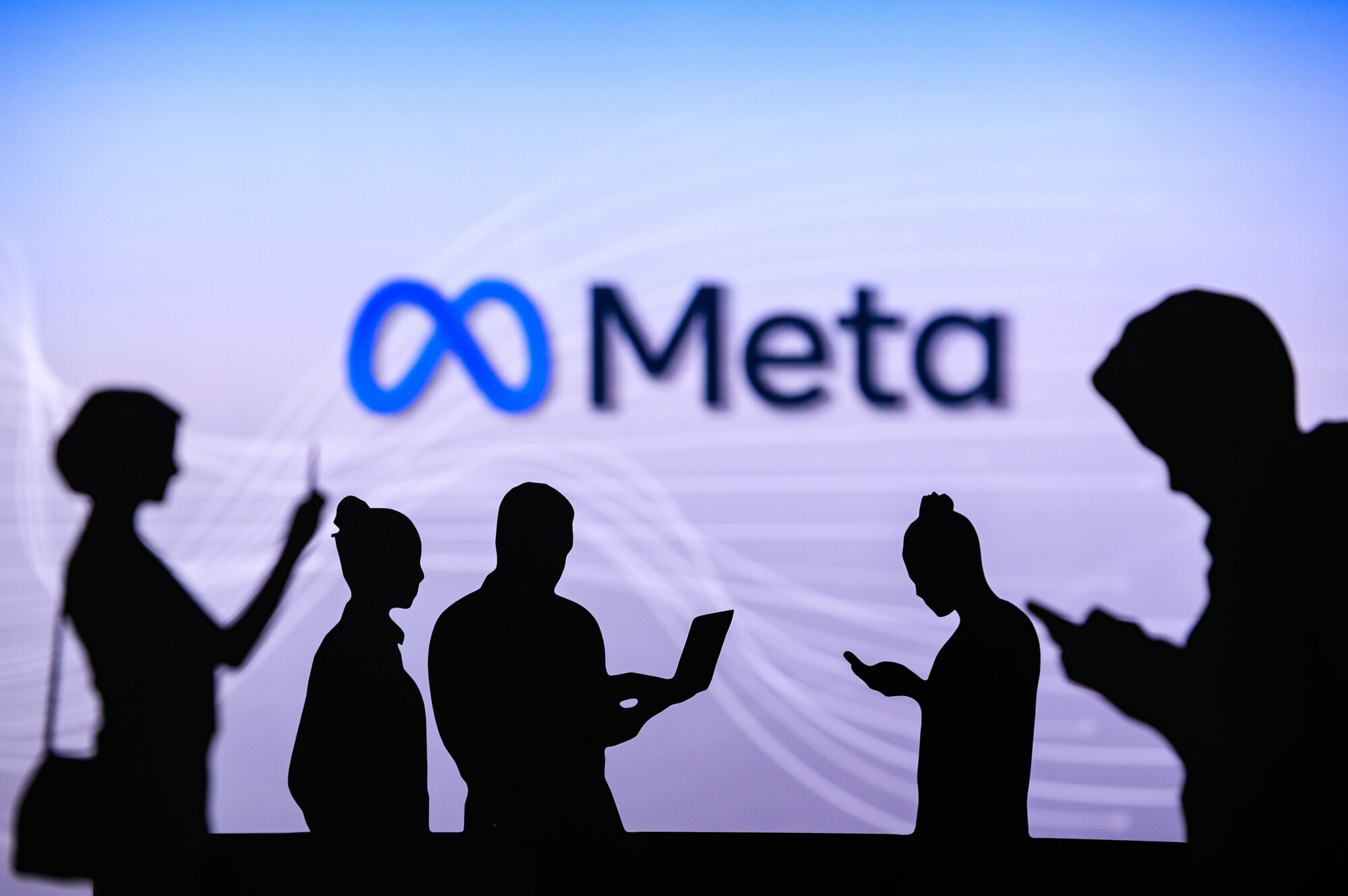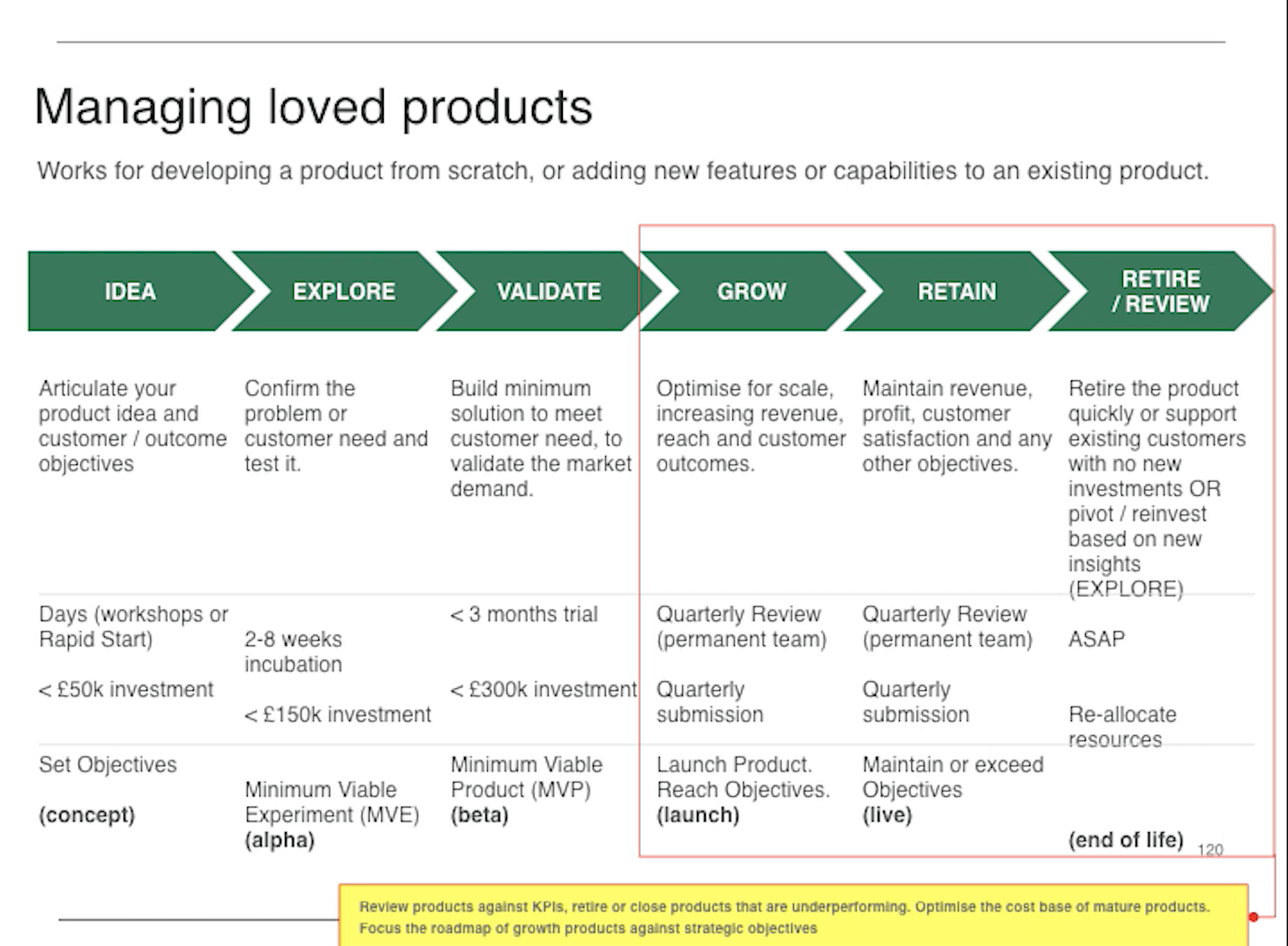A few weeks ago the European Commission slapped Apple with a record fine – €1.8 billion – for anti-competitive practices that led to consumers paying more than they should have for music streaming, according to the European Commission. The enormous fine was intended as a deterrent for any tech company that might think of doing something similar. Apple says it will appeal.
The Commission’s decision came as a result of a 2020 complaint from Spotify which alleged that Apple’s App Store rules “purposely limit choice and stifle innovation at the expense of the user experience”, which then led to an investigation from the Commission. As a result the Commission found the company abused its dominant position for over 10 years by not allowing app developers to advertise alternative lower priced offers outside the Apple App Store.
Inside the walled garden
What was the problem? At its heart is dissatisfaction with Apple’s walled garden ecosystem, which tightly controls hardware, software and services, limiting third-party access and integration. Spotify criticised Apple's 30% commission on in-app purchases, arguing that it gave Apple's music streaming service, Apple Music, an unfair advantage over competitors. Spotify also raised concerns about other App Store policies, such as restrictions on communication with customers and limitations on alternative payment methods. In addition Spotify objected to Apple's policy requiring developers to use Apple's in-app purchase system for digital goods and services sold within apps. This policy effectively prevented Spotify from offering alternative payment methods or directing users to its website to subscribe, avoiding Apple's commission.
EU’s Digital Markets Act
Separately Apple says it has redesigned its systems with the provisions of the EU’s Digital Markets Act, an act which is designed to increase competition in the EU’s digital markets, and has required “gatekeeper” companies like Apple, Amazon, Google, Meta and Microsoft to meet strict requirements that are intended to reduce anti-competitive behaviour. But Apple, Google and Meta are to be investigated for potential breaches of the act, according to regulators. If found to have broken the rules, they face fines of up to 10% of their annual turnover.
US antitrust lawsuit
Apple’s walled garden is under attack from elsewhere too. Hard on the heels of the Commission’s fine comes a lawsuit from the US Department of Justice(DoJ) that accuses Apple of monopolistic smartphone practices. The lawsuit cites Apple’s ecosystem as evidence of anticompetitive practices, including the blue and green bubble colours used by Messages to distinguish iOS from Android users. There are also a number of class action lawsuits that are piggybacking on the DoJ’s antitrust suit and which claim Apple has violated US antitrust law by suppressing technology for messaging apps, digital wallets and so on that would have increased competition in the market for smartphones.
Why does any of this matter? The Apple vs DoJ battle could in theory run on for years – Apple maintains the lawsuit gets the facts and the law wrong and plans to defend it. A statement from the company reads: “This lawsuit threatens who we are and the principles that set Apple products apart in fiercely competitive markets. If successful, it would hinder our ability to create the kind of technology people expect from Apple—where hardware, software, and services intersect. It would also set a dangerous precedent, empowering government to take a heavy hand in designing people’s technology. We believe this lawsuit is wrong on the facts and the law, and we will vigorously defend against it.”
Equally, some analysts have downplayed the likely impact of the lawsuit, saying they think Apple will eventually prevail, and that in any case a settlement will be reached to prevent protracted legal action.
Implications for product people
But forewarned is forearmed. Apple is under the regulatory microscope in different parts of the world and is not likely to escape scrutiny any time soon. There are a number of implications for product managers if Apple’s walled garden approach changes, either because the company is pushed into it or because it makes changes itself to forestall further attacks.
App store policies may change for one – the outcome of the DoJ lawsuit could lead to changes in fee structures for example, and this may mean that product managers in turn need to adjust their revenue models and pricing strategies. In turn it could mean that many products become less profitable and therefore less sustainable.
Apple may well find it has to open up alternative distribution channels or allow for greater flexibility in app distribution and monetisation. So maybe it’s time to explore opportunities to diversify distribution channels so that you reduce dependency on the App Store?
Product managers will need to ensure that their apps comply with any new regulations or requirements resulting from the antitrust lawsuit. This may involve reviewing app policies, updating terms of service, and making changes to app functionality or monetisation models to stay compliant. There’s also the possibility that Apple will reconsider its relationships with developers and third-party partners.
Above all the current bout of scrutiny of Apple underscores how important it is for product managers to stay abreast of regulatory developments, anticipate possible market changes and adapt their strategies accordingly to help their products stay competitive.
Further reading
Apple fined €1.8bn by EU for breaking streaming rules







